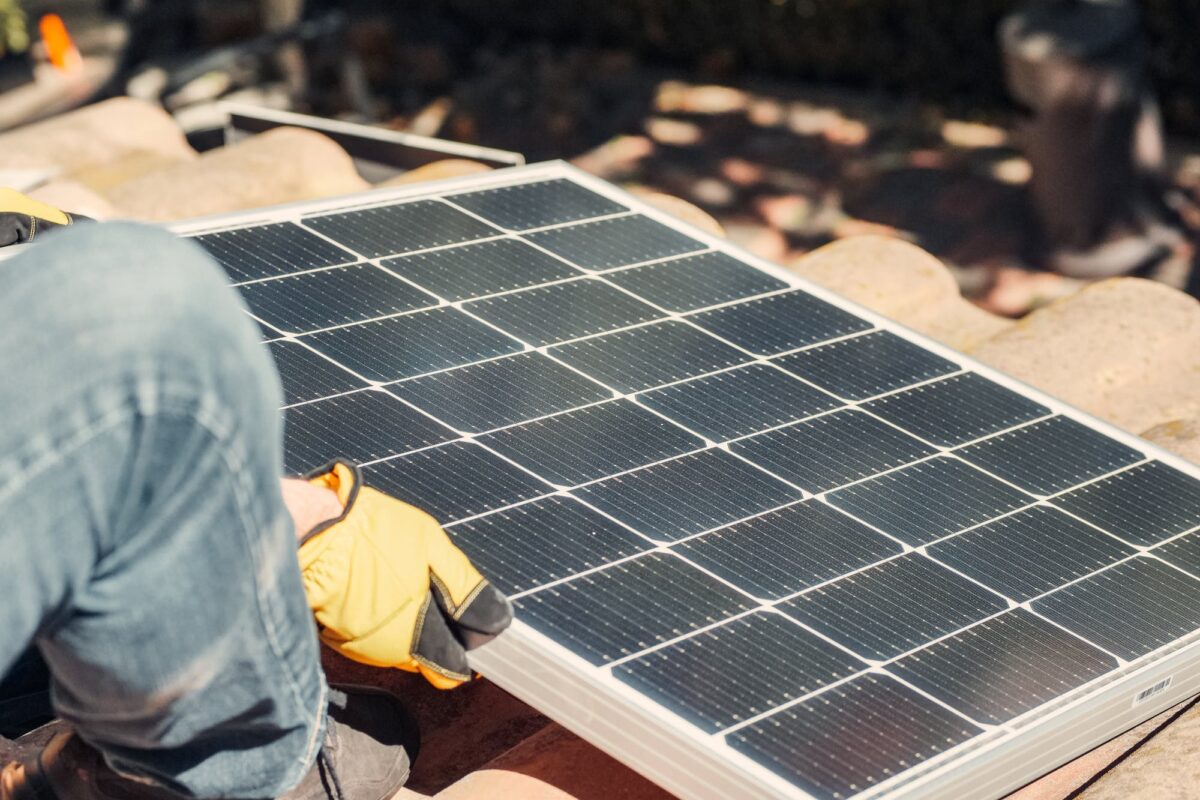At least Acting Federal Energy Regulatory Commission (FERC) chair Cheryl LaFleur will have someone to talk to next time the commission convenes. Since February, she’s only had herself as company.
The Senate changed that yesterday when it confirmed Neil Chatterjee and Rob Powelson by unanimous consent to fill two of the five seats on FERC, the independent agency that regulates the interstate transmission of electricity, natural gas, and oil in the states.
The Commission is made up of two Democratic members, two Republican members and a chairperson chosen by the president. Since February, however, LaFleur has been the only member after the two Republican and two Democratic members resigned. Currently, LaFleur is the lone Democrat; Chatterjee and Powelson are Republicans. Two other nominees, Richard Glick (D) and Kevin J. McIntyre (R), are still waiting confirmation.
Now that FERC has a quorum, it can start doing its job again, which, with the appointment of Chatterjee and Powelson, is good news for the fossil-fuel and utility industries.
The current docket includes the pending approval of three pipelines and dozens of utility mergers. Given their records, it’s safe to assume all those projects will quickly become unstuck at minimally a 2-1 clip, since their records indicate Chatterjee and Powelson haven’t yet met a fossil fuel project they would reject.
Most recently, Chatterjee could be found standing next to Senate Majority Leader Mitch McConnell, whispering in his ear about energy policy and convincing McConnell that talking about saving coal jobs in Kentucky was far superior to actually putting out-of-work coal miners to work in fast-growing, non-exportable renewable energy jobs. Chatterjee proudly touts in his speaker’s bio that “he’s been a leader in the energy policy space shepherding efforts to combat cumbersome regulation, and most recently working to lift the decades old ban on U.S. crude oil exports.”
While the words “combating cumbersome regulation” sound benign, they are widely accepted as code for loosening regulations on energy businesses, like the recent decisions to allow coal mines to dump poisonous byproducts into the rivers and streams of poor coal mining communities. And lifting the ban on exporting U.S. crude oil does nothing for gas prices in the United States, but it does improve the quarterly earnings of companies like Exxon Mobil and BP.
In other words, Chatterjee’s position is completely consistent with President Donald J. Trump’s forced march back to an energy system that 19th century coal and oil barons could understand.
Powelson, on the other hand, hails from Pennsylvania, where he sat on the state’s Public Utilities Commission and was president of the National Association of Regulatory Utility Commissioners. Sounds like the perfect choice for the federal commission, right? But a closer look at his record, however, indicates he has his own controversial past with which to contend.
In Pennsylvania, he openly sparred with pipeline opponents, accusing environmental activists of waging a “jihad” against natural gas pipelines (he walked back the comments after a firestorm of criticism erupted in their wake).
He also had to step down from a group dedicated to expanding the energy industry in southeastern Pennsylvania after critics accused him of being too cozy with the lawyers and businesses involved in a pipeline project that would eventually come before the PUC.
This content is protected by copyright and may not be reused. If you want to cooperate with us and would like to reuse some of our content, please contact: editors@pv-magazine.com.








By submitting this form you agree to pv magazine using your data for the purposes of publishing your comment.
Your personal data will only be disclosed or otherwise transmitted to third parties for the purposes of spam filtering or if this is necessary for technical maintenance of the website. Any other transfer to third parties will not take place unless this is justified on the basis of applicable data protection regulations or if pv magazine is legally obliged to do so.
You may revoke this consent at any time with effect for the future, in which case your personal data will be deleted immediately. Otherwise, your data will be deleted if pv magazine has processed your request or the purpose of data storage is fulfilled.
Further information on data privacy can be found in our Data Protection Policy.